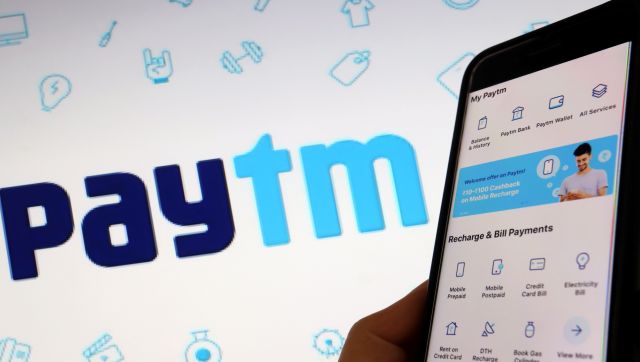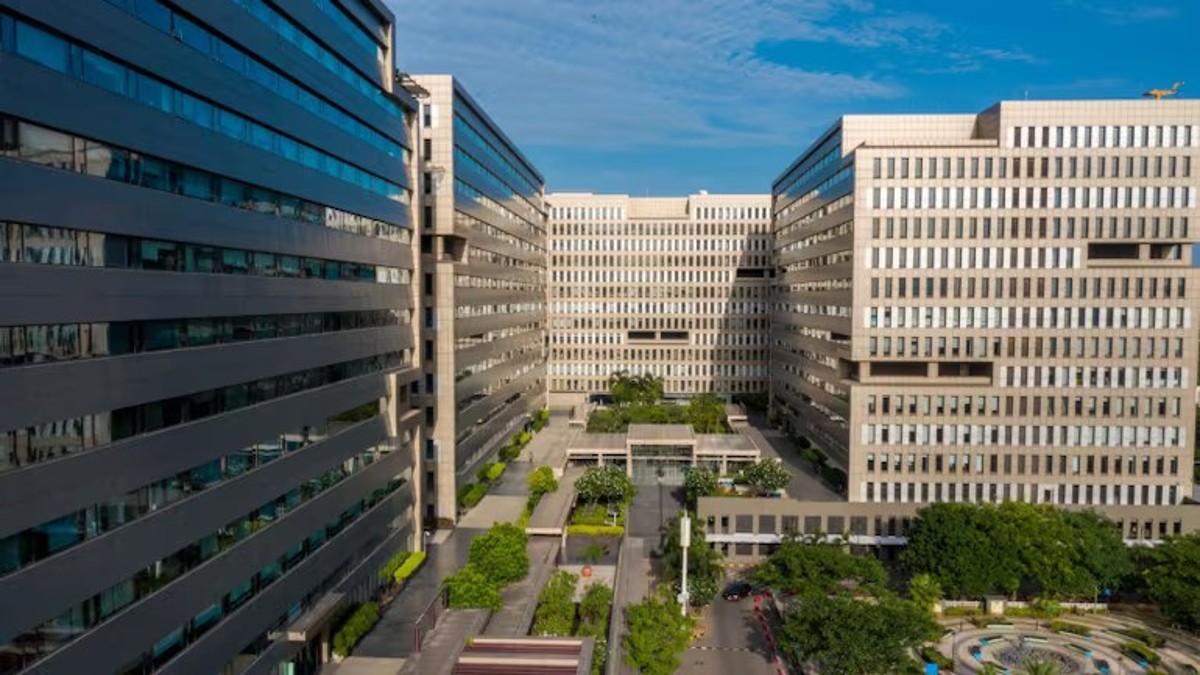2016-17 was a year of sweeping changes in the Indian economy, dominated by the demonetization initiative. Far-reaching pronouncements were implemented at a national level, that although caused minor inconveniences at a granular level, yet laid the foundation for a robust digital future.
Expectations are high February 1st 2017, when the Finance Minister will unveil the Union Budget 2017-18 on 1 February. Here are our expectations from the budget:
E-Commerce: Goods and Sales Tax (GST) will soon be implemented. Until that happens, we expect Octroi (currently levied in parts of Maharashtra, Gujarat, Punjab, Himachal Pradesh, Haryana and Rajasthan) and state taxes to be standardized. This will promote inter-state trade, lowering the cost of operations for traders, which will in turn positively impact sellers on eCommerce marketplaces. Lower cost of inter-state operations will enable small scale e-sellers to compete effectively with larger traders.
Radio Taxi drivers: Radio taxi drivers are looking at fintech lenders for easier and affordable access to credit to purchase their own cars. The budget can aim to reduce road taxes on these cars, thus lowering the burden of purchasing new cars on these drivers, encouraging their transition into micro-entrepreneurs. Tax breaks and low income housing options will further boost the ambitions of this community and empower them to move up the economic ladder.
Kirana stores: Demonetisation has significantly reduced cash transactions in the economy. Increasing number of consumers are using plastic money to avail themselves of products and services. Mobile wallet providers have also played a crucial role in digitizing their purchase behaviour. Kirana stores are faced with the choice of either transitioning to digital money or phasing out due to irrelevance. To encourage this transition, we expect the budget to incentivize kirana store owners to transact using digital money. Waiver on transaction fees for POS machines and digital remittances will definitely augment this transformation.
Manufacturing sector: The Make in India program would benefit investors, as they reap the benefits of long-term capital gains. By lowering income tax in the manufacturing sector, the Government will drive indigenous production. We also expect the budget to have provisions for lowering excise and import duties on raw material not available within the borders of the nation, thus encouraging manufacturers to import the same and focus on making in India.
Another critical expectation is to improve the overall transportation infrastructure, with special emphasis on railways and road networks. This will lower transportation costs and related extraneous overheads,thereby making the manufacturers more competitive in terms of pricing across the country.
Fintech lenders: Government should aim to level the playing field between banks and NBFCs by creating parity in taxation between these entities. The Reserve Bank of India (RBI) has already included lending NBFCs into CGTSME, the credit guarantee scheme for SMEs, which has empowered new-age lending platforms. We expect more provisions of a similar ilk in the upcoming budget. With adequate policy support from the Government, fintech lenders can help meet the unfulfilled credit demand of over $ 250 billion among SMEs.
We also eagerly wait for regulations on marketplace lending. The concept is relatively new to India and holds immense promise, as demonstrated by Western and Chinese economies. Due to the novelty of the model, the RBI is carefully assessing guidelines for lending marketplaces to operate effectively in the country.
We expect the budget to shed more light on policies for the industry. Clarity on this front will lead to coopetition between banks and fintech lenders – with banks getting access to previously untapped market segments and Fintech lenders getting access to cheaper capital.
Keeping in mind the potential long-term effects of Union Budget 2017-18 to the Indian economy, the Finance Ministry has rightly decided to advance the same to 1 Feb. This will ensure that the Finance bill is passed and implemented from 1st April, instead of the customary date in June, enabling businesses and households to finalize their savings, investments and tax plans in advance. The nation is on the cusp of economic evolution and the Union Budget 2017-18 could be the stimulus for large-scale development.
(The author is Co-founder and Managing Director of Capital Float)
For full coverage of Union Budget 2017 click here .


)




)
)
)
)
)
)
)
)